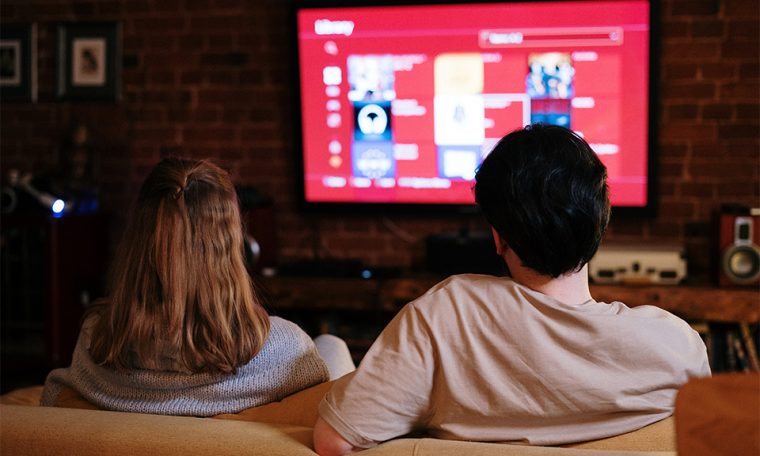
Like other connected devices, smart TVs can also be a gateway to cyber threats and deserve security precautions like laptops and cell phones. Attacks involving smart televisions aren’t common, but they can be a gateway cyber criminals Access other devices connected to the Internet network.
With social distancing, smart TV sales increased in 2020, reaching 97.7% of total sales in the period. Security company ESET explains the importance of virus protection smart TV, as consumption has increased and may attract potential attacks.
 (source: cottonbrough/pexels/breeding)Source: pixels
(source: cottonbrough/pexels/breeding)Source: pixels
As the security company points out, cybercriminals are finding ways make money, whether by blocking the information to be sold, personal data to extort victims, tools for kidnapping or even using the internal processing of TVs to implement other scams.
Because this type of attack is uncommon, some of these devices have factory vulnerabilities, making them more vulnerable. Some of the techniques used to gain control of devices include social engineering, exploiting vulnerabilities, poor configuration, physical attacks, and malware. Once compromised, the TV can be used as a starting point for other attacks on the same network.
safety tips
ESET warns about the importance of keeping equipment up to date, as manufacturers fix specifications that are susceptible to attacks arising from the use of TVs. “Being aware of how criminals act can ensure that users are always ahead and protected from new threats,” says Daniele Cunha Barbosa, an expert in information security at the company.
Check out ESET’s tips below to keep your Smart TV safe;
- Review device settings and privacy policies to avoid leaving ports open;
- Review device and application permissions to determine, among other things, what information is collected and how it will be used;
- Always be aware of devices that can be accessed by third parties (in the waiting room or lounge, among others), because in these cases, the USB port can be used to run malicious scripts or exploit vulnerabilities. Is;



